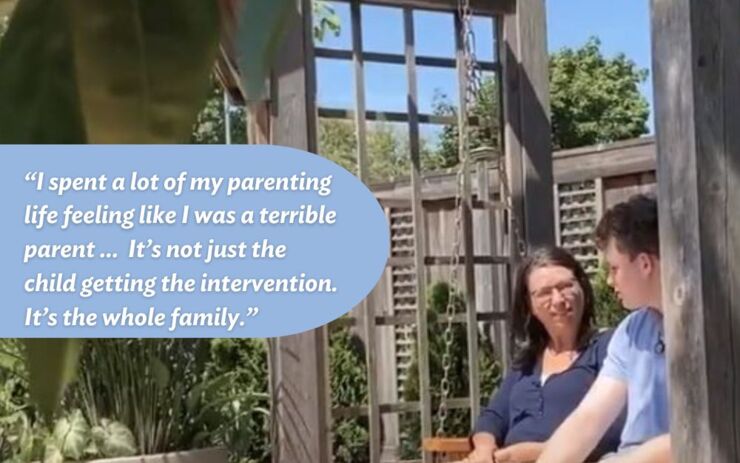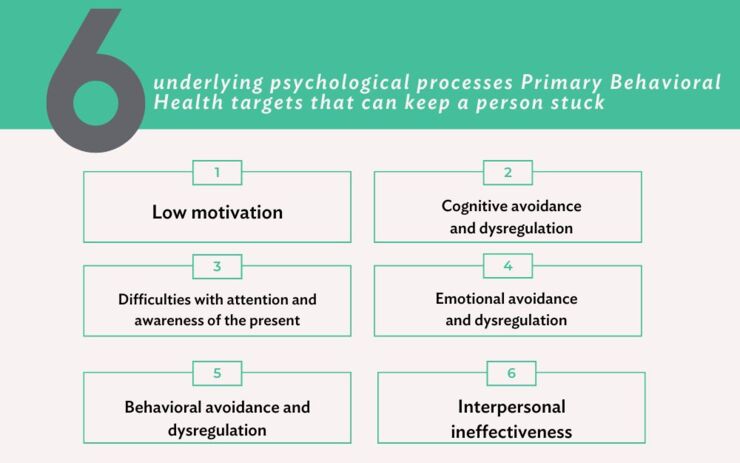6 ways to calm anxiety in times of uncertainty
Posted on 03/19/20 08:45:am
Share this article:
Push notifications on your phone. Minute-by-minute updates on social media. In times of uncertainty like we are experiencing with the COVID-19 pandemic, it's common for the constant breaking news to increase anxiety surrounding the event and potential fallout. Here are strategies you can try to ease your worries and calm your mind.
Tips for easing anxiety
Shikha Verma, MD, child and adolescent psychiatrist at Rogers' West Allis hospital and Kenosha clinic, says that an increase in anxiety is understandable given the circumstances.
"Mass measures like schools closing, cancelled trips or activities, and reduced social contact create heightened anxiety and panic-like situations in the general public," she explains. "Along with fear and increased anxiety, overwhelming news around natural disasters can also lead to depressive symptoms, sleep and appetite changes, increased irritability, inability to focus, increased risk of substance use, and other medical ailments like headaches."
To combat any anxiety or depression you may be experiencing, Dr. Verma recommends trying the following:
- Stay in touch with family and friends. For COVID-19, experts recommend "social distancing" to avoid spreading the virus, which requires keeping physical distance between yourself and others. When recommendations like this are made, people might withdraw or avoid social contact disproportionately, fearing for their safety. However, it is necessary to have some form of social contact, even if it means getting in touch over social media or through video calls.
- Stay active. Take walks outside, if possible, or find ways to exercise at home. Exercise is not only beneficial for your physical health, but also benefits your mental health.
- Prioritize a good night's sleep. When so much around you is changing quickly, it's important to maintain structure in your daily routine and have time to recharge after a long day. Engage in healthy sleep behaviors and try to be consistent with when you go to sleep and wake up each morning.
- Maintain adequate nutrition and hydration. Another important way you can keep structure in your days is to keep a regular meal schedule and be sure you are drinking plenty of water.
- Use mindfulness activities. Meditation, deep breathing and progressive muscle relaxation techniques can be very helpful in decreasing anxiety. It's also important to foster your interests or activities that keep you productive, like music or art. Other mindfulness activities may include journaling, drawing, or spending time in nature.
- Focus on reliable news sources. With an endless amount of news available at our fingertips, it doesn't take long to veer away from trustworthy sources. Identify reliable news outlets for information, keep in mind that information on social media may not be factual, and avoid spending too much time consuming news.
How to help others
If you notice that friends or family members, particularly young children, are struggling with anxiety related to the coronavirus, there are steps you can take.
"Explain to them clearly and honestly what you know and ways to decrease the risk of contracting the illness," Dr. Verma says. She also recommends limiting their exposure to news, as they may have trouble understanding the facts, keeping a visual reminder of activities they can do on their own, and maintaining a regular sleep and mealtime schedule to reinforce a normal routine.
Seeking help
If you or a loved one are experiencing mental health symptoms that are concerning or that are progressively getting worse, it's important to seek help from a mental health professional. Rogers offers inpatient, residential, and outpatient treatment for adults, adolescents, and children struggling with mental health or addiction. Call 800-767-4411 or request a free, confidential screening online.
If you do not feel you, or a loved one, needs treatment right away, but may be concerned, we offer online quizzes to possibly provide some relief. While these quizzes do not provide a diagnosis, it could be the first step in finding the treatment you may need. Take our online Anxiety Quiz today.



